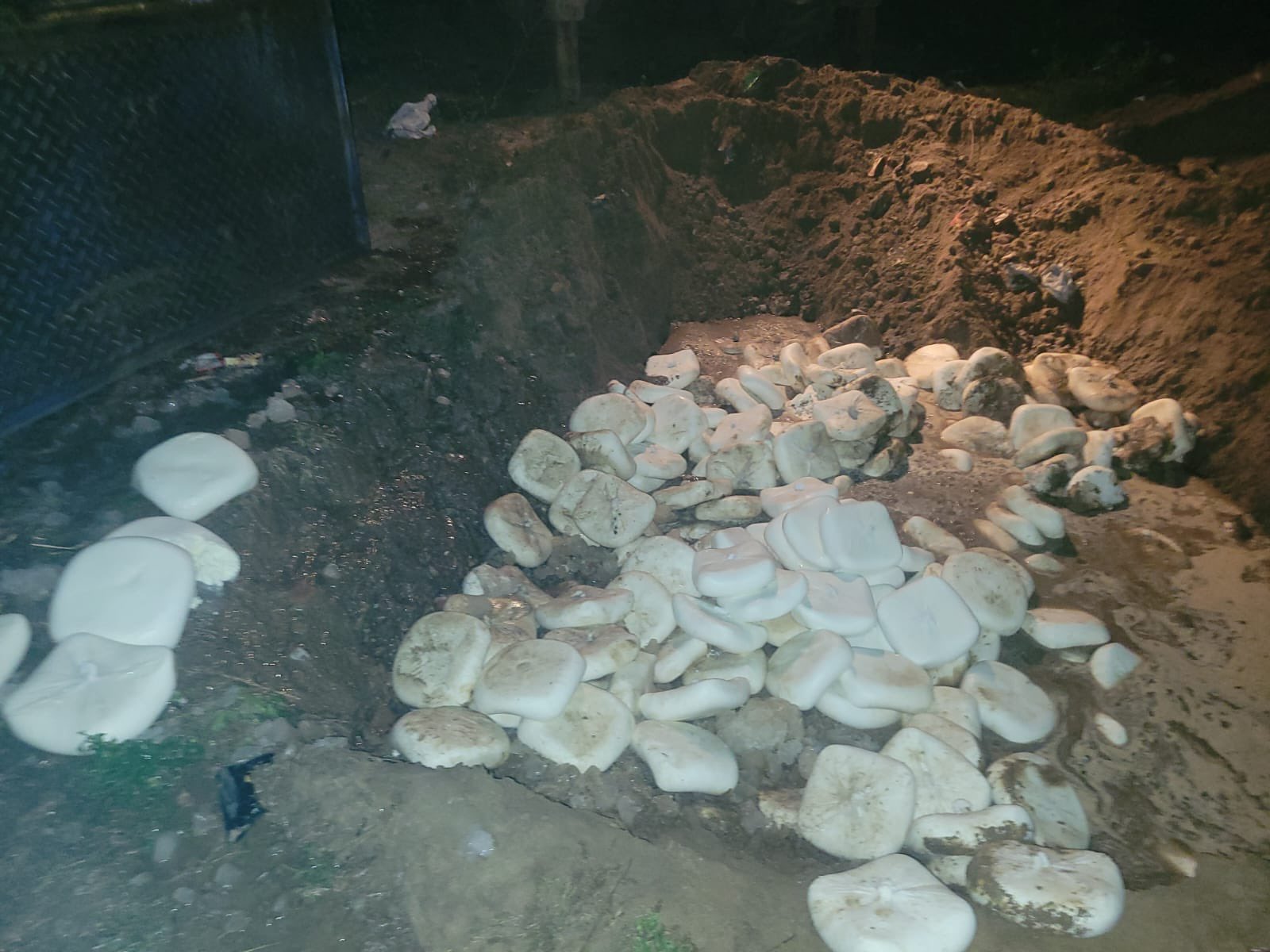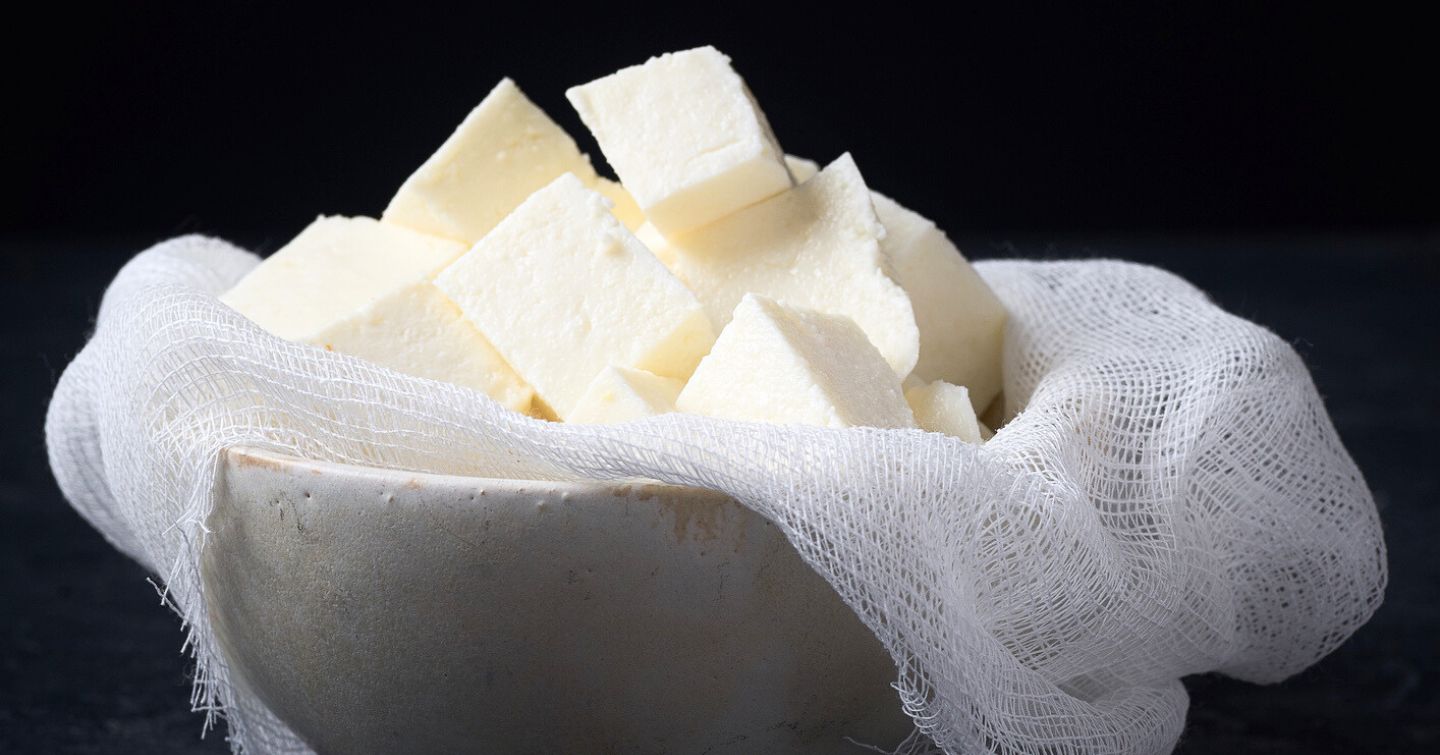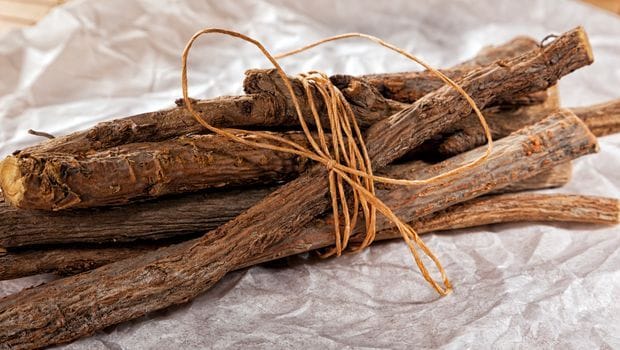Here are some of the important benefits mulethi or liquorice has to offer, especially in winter.
1. Keeps the respiratory tract healthy
Chewing on mulethi sticks is an age-old remedy for a sore throat. It is due to its expectorant and bronchodilator properties that it can cure conditions like cough, bronchitis and also reduce the effects of chronic asthma. If you want to avoid chewing on mulethi sticks, you can mix ginger juice to mulethi tea in order to soothe asthma and bronchial infection.(Also Read: Black Cardamom For Asthma: Use This Spice To Reduce The Symptoms Of Respiratory Conditions)
 Chewing on mulethi sticks is an age-old remedy for a sore throat
Chewing on mulethi sticks is an age-old remedy for a sore throatRegular use of mulethi is known to boost immunity, thanks to the enzymes present in the root plant; it helps the body produce lymphocytes and macrophages that protect the body from microbes, pollutants, allergens and cells that cause autoimmune diseases, further keeping you away from infections and allergies and in turn boosting your immunity.
3. Boosts digestion
Mulethi has active compounds glycyrrhizin and carbenoxolone that are known to relieve constipation, stomach discomfort, heartburn, acidity and other stomach problems. It also acts as a mild laxative, playing an effective role in stimulating bowel movements.(Also Read: 6 Fruits That Help Better Digestion)
 Mulethi has active compounds glycyrrhizin and carbenoxolone that are known to relieve constipation
Mulethi has active compounds glycyrrhizin and carbenoxolone that are known to relieve constipationMulethi is an emollient that helps maintain a healthy glowing skin. All you need to do is to add mulethi powder to rose water or milk depending on the type of your skin. This will help combat de-pigmentation and further soothe skin rashes.
5. Has anti-inflammatory properties
Liquorice has anti-inflammatory properties that may be able to treat chronic inflammatory diseases like arthritis. Its anti-oxidant properties also reduce the effects of free radicals causing pain and inflammation in the body.
 Liquorice has anti-inflammatory properties that may be able to treat chronic inflammatory diseases
Liquorice has anti-inflammatory properties that may be able to treat chronic inflammatory diseasesThe phytoestrogenic compounds in this herb help correct hormonal imbalance in the body to ease menopausal symptoms like hot flashes, insomnia, depression, mood swings, sweating, et al. A study published in the Iranian Journal of Pharmaceutical Research highlights its positive effect on menopausal hot flashes.
How can you use mulethi (liquorice)?
All you need to do is to boil the root to make a tea if you are feeling nauseous or are coming down with a cold. Liquorice tea is also good for maintaining dental health; try gargling with the cooled tea.
So go ahead and get your stock of mulethi ready for the cold days ahead and stay healthy.










